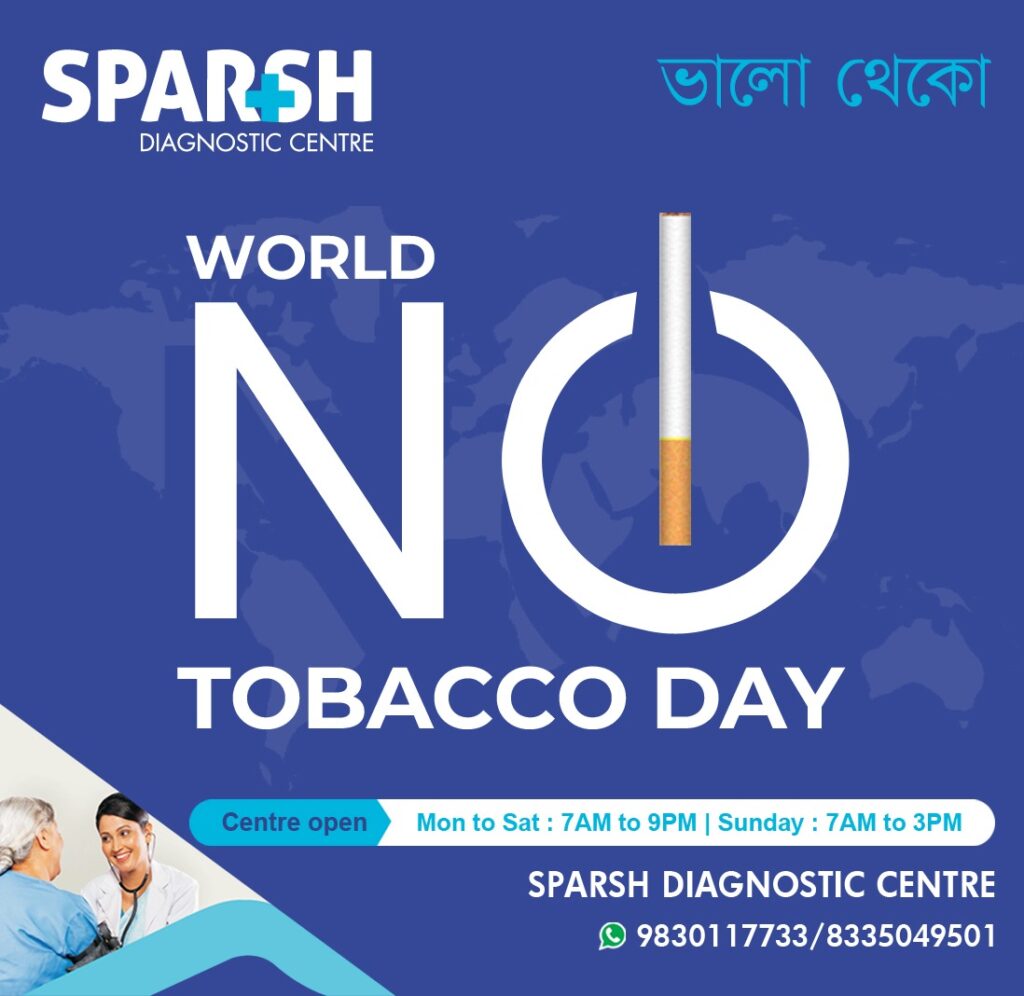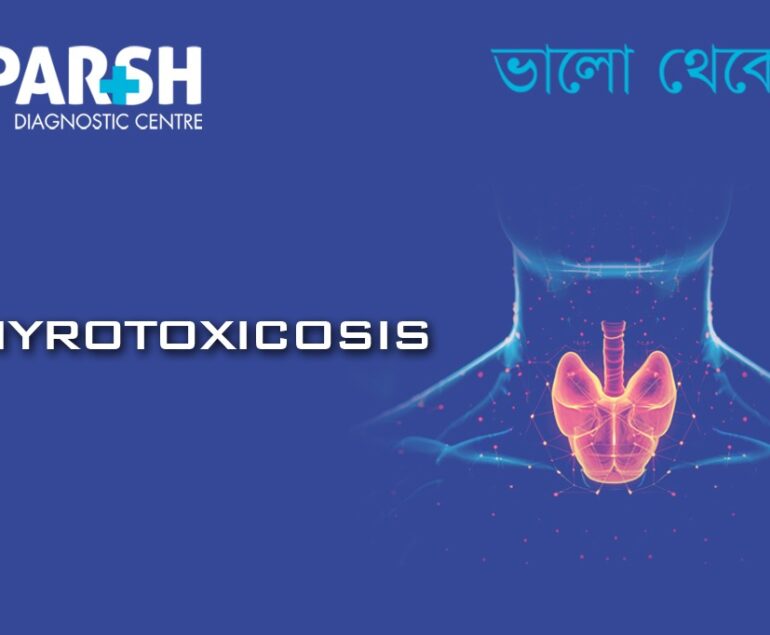Every year on May 31, the world observes World No Tobacco Day (WNTD)—a global health awareness campaign led by the World Health Organization (WHO). It aims to highlight the devastating health effects of tobacco use and advocate for effective policies to reduce tobacco consumption worldwide.
The 2025 theme, “Unmasking the Appeal,” focuses on revealing the deceptive marketing tactics used by the tobacco industry to lure younger generations into addiction. This year’s campaign calls on governments, communities, and individuals to challenge these tactics and protect youth from the predatory grip of tobacco.
Understanding the Purpose of World No Tobacco Day
Launched in 1987, World No Tobacco Day is one of WHO’s eight official global public health campaigns. It encourages:
Awareness about tobacco’s health risks
Advocacy for stronger regulations
Support for quitting tobacco
Global unity against tobacco industry influence

Each year’s theme focuses on a particular tobacco-related issue—from the environmental impact of cigarette waste to how tobacco farming contributes to food insecurity. In 2025, the spotlight is on how tobacco companies glamorize smoking and vaping, particularly among young people.
The 2025 Theme: Unmasking the Appeal
Why This Theme Matters
The tobacco industry has long used marketing tactics like flavored products, sleek packaging, and celebrity endorsements to target youth. With the rise of e-cigarettes and vaping, these tactics have only become more aggressive and misleading.
The theme “Unmasking the Appeal” urges society to see through these manipulations. It exposes:
How tobacco companies glamorize addiction
The illusion of “safer” alternatives like vapes
How youth are particularly vulnerable
The role of influencers, social media, and targeted ads
WHO’s Message
According to WHO:
“The 2025 campaign aims to unmask the deceptive tactics of the tobacco industry and highlight how the promotion of smoking and vaping products targets the next generation.”
Alarming Tobacco Statistics
Tobacco remains one of the world’s leading causes of preventable death and disease. According to WHO:
8 million deaths occur annually due to tobacco-related diseases.
Over 1 million deaths result from secondhand smoke exposure.
Tobacco kills up to half of its users.
The tobacco epidemic is worsening in low- and middle-income countries.
The Rise of Youth Targeting and Vaping
Youth Vulnerability
Children and adolescents are highly susceptible to nicotine addiction. The earlier one starts, the harder it is to quit and the more damage is done to developing brains.
Vaping: A New Threat
Many e-cigarettes contain nicotine and harmful chemicals, despite being marketed as “healthier” alternatives. Flavors like bubblegum, mango, and cotton candy are clearly not aimed at adults trying to quit—but at teens trying to fit in.
A 2024 WHO survey revealed:
Over 30% of youth aged 13–15 have tried vaping in some regions.
Flavored vapes are a major reason for initiation.
Most youth believe vaping is “not harmful,” despite evidence to the contrary.
How the Tobacco Industry Deceives
The theme “Unmasking the Appeal” urges the public to recognize how tobacco marketing works:
1. Product Placement in Entertainment
Movies, TV shows, and music videos often feature characters smoking or vaping, making the habit seem normal or even cool.
2. Influencer Marketing
Tobacco and vape brands partner with influencers to promote products subtly, bypassing regulations and reaching millions of followers.
3. Sleek Branding
Minimalist packaging, attractive colors, and tech-inspired designs give vaping devices the appearance of fashion accessories or gadgets.
4. Flavor Engineering
Creating flavors that mimic desserts or beverages entices first-time users, especially children and teens.
5. Misinformation
By claiming that e-cigarettes are “smoke-free,” “clean,” or “healthy,” companies spread dangerous myths that undermine public health efforts.
Health Risks of Tobacco and Vaping
Smoking-Related Diseases
Reproductive health issues
Weakened immune system
Vaping-Related Health Concerns
Nicotine addiction
Lung injuries (e.g., EVALI – e-cigarette or vaping product use-associated lung injury)
Asthma exacerbation
Increased risk of switching to traditional cigarettes
Even “nicotine-free” vapes often contain toxic substances, including:
Propylene glycol
Diacetyl (linked to “popcorn lung”)
Heavy metals like nickel and lead
Ultrafine particles that can enter the bloodstream
How You Can Support World No Tobacco Day 2025
1. Spread Awareness
Use your voice to share facts, resources, and personal stories. Utilize social media platforms to share WHO’s campaign materials.
Hashtags to use:
#WorldNoTobaccoDay #UnmaskTheAppeal #TobaccoFreeGeneration
2. Educate Young People
Start conversations with children and teens about:
The risks of smoking and vaping
How to say no to peer pressure
The truth behind influencer and media glamorization
3. Support Policy Changes
Call on your local government to:
Ban flavored tobacco and vape products
Enforce age verification laws
Limit tobacco marketing on digital platforms
Introduce plain packaging regulations
4. Quit Tobacco Products
Whether you smoke cigarettes or use e-cigarettes, quitting is the best decision for your health. Resources to help:
WHO’s Quit Tobacco Campaign
Local tobacco cessation centers
Mobile apps and helplines
Counseling and nicotine replacement therapies (NRTs)
Role of Healthcare Professionals
Doctors, nurses, and community health workers can:
Educate patients on the dangers of tobacco and vaping
Provide smoking cessation support and resources
Advocate for stronger tobacco control policies
Partner with schools to deliver anti-tobacco programs
Role of Schools and Educational Institutions
Implement smoke-free campuses
Integrate anti-tobacco curriculum
Conduct workshops and awareness sessions
Involve students in peer education and campaign participation
Environmental Impact of Tobacco
Tobacco production and consumption also harm the planet:
Deforestation from tobacco farming
Chemical pollution from pesticides
Cigarette butts are the most littered item worldwide
Vapes contribute to plastic and battery waste
World No Tobacco Day: Past Achievements
The campaign has led to:
Public smoking bans in over 100 countries
Health warnings and graphic packaging
Tobacco advertising bans in many nations
Tax increases on tobacco products
Global youth engagement in anti-smoking initiatives
A Vision for a Tobacco-Free Generation
WHO envisions a world where:
Tobacco use is significantly reduced
Youth are no longer targeted by deceptive marketing
Tobacco-related deaths decline year over year
Policy and awareness create a lasting culture shift
It’s not just about saving lives today—it’s about changing the future.
World No Tobacco Day 2025: Unmasking the Appeal serves as a crucial wake-up call. As tobacco and vaping companies evolve their tactics, so must our resistance. Together, we can expose the truth, protect vulnerable populations, and build a world free from tobacco-related harm.
Whether you’re an educator, healthcare provider, policymaker, parent, or concerned citizen, your role in this movement is essential. Let’s unmask the lies and stand for a healthier, tobacco-free generation.
👉 Read WHO’s official campaign release
#BhaloTheko
Disclaimer:
No content on this site, regardless of date, should ever be used as a substitute for direct medical advice from your doctor or other qualified clinician.
![]()





